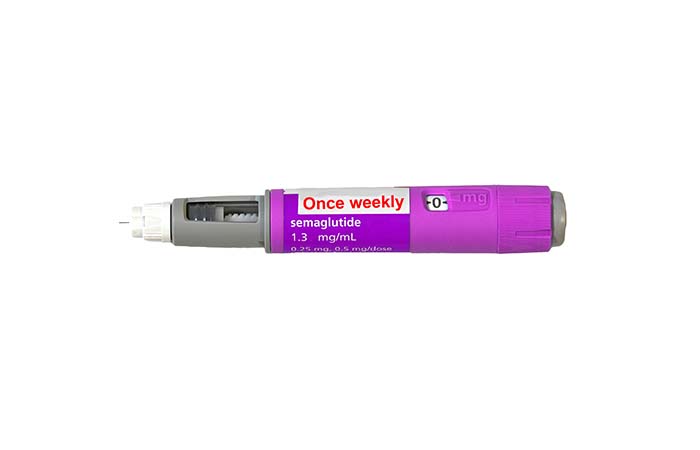Off-label use of diabetes drugs to drive ‘critical’ shortages until mid-2024, says MHRA
In News
Follow this topic
Bookmark
Record learning outcomes
There are “very limited, intermittent supplies” of all GLP-1 receptor agonists, the MHRA has warned in a “critical” national patient safety alert.
In an alert distributed yesterday (July 18) to NHS trusts and a wide range of healthcare stakeholders including regional public health directors, primary care networks, community pharmacies and GP surgeries, the MHRA said the current supply issues – which are driven by the “off-label use of these agents for the management of obesity” – are not expected to be fully resolved “until at least mid-2024”.
While NHS providers have struggled to source GLP-1 RA products, supplies appear to still be readily available from some private online providers.
The medicines regulator said: “The off-label use of these agents for the management of obesity is strongly discouraged. Existing stock must be conserved for use in patients with diabetes.
“These shortages have serious clinical implications in the management of patients with type 2 diabetes... [such as] erratic blood glucose control with the potential to increase diabetes-related complications, including the risk of future cardiovascular events and diabetic ketoacidosis.”
All products with the active ingredients semaglutide (injections and tablets), dulagutide, liraglitude and exenatide are affected by shortages. Saxenda (liraglutide), which is licensed for weight loss, will be unavailable until mid-2024.
Clinicians were told to immediately adopt the following policies:
- GLP-1 RAs only to be prescribed for licensed indications
- No new patients to be prescribed GLP-1 RAs “for the duration of the shortage”
- Identify patients currently prescribed these products and consider prioritising them for review
- Rely on shared decision making where an alternative medicine must be considered
- Help patients access educational and weight management programmes, where available
- When switching a type 2 diabetes patient to insulin, “please ensure an insulin is chosen as per information on the SPS page on prescribing available insulins as not all suppliers are able to manage an uplift in demand”.
A number of clinicians aired their concerns on social media in the wake of the supply update. GP Sam Finnikin tweeted: “This is causing a lot of work for primary care and diabetes teams. And will do so again when supplies come back in. Also a lot of distress for patients. Where is the ‘buying power’ of the NHS that we hear so much about>”
Advanced care practitioner Sally Squires said: “Still terrible that private clinic is coming first and reducing access to those who meet criteria and need it most. So many T2 diabetics have been helped enormously by these meds.”
Novo Nordisk, which manufactures Saxenda, Wegovy and Ozempic, told Pharmacy Network News: "Due to unprecedented levels of demand, Novo Nordisk is experiencing intermittent supply constraints across our GLP-1 receptor agonist portfolio for people living with type 2 diabetes and obesity.
"We are acutely aware of the uncertainty and concern this is causing, and the disruption patients and healthcare professionals are experiencing. We recommend that anyone who believes they may be affected by this speak to their clinician.
"We support additional guidance issued to healthcare professionals, and in particular echo the direction that off-label use of diabetes medication for the management of obesity is strongly discouraged. We do not promote, suggest, or encourage the off-label use, or misuse of any of our medicines.
"We are continuing to work with the Medicines and Healthcare products Regulatory Agency (MHRA) and Department of Health and Social Care (DHSC) to monitor the supply of our medicines and keep healthcare professionals updated, so that they can support patients to receive the treatment they need."

